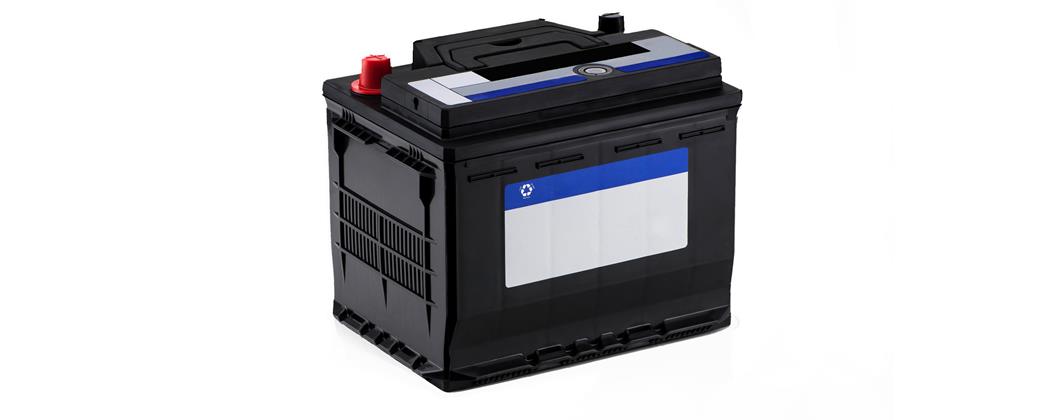Narrowboat Batteries | Collidge & Partners

It is most commonly known that Narrowboat owners use wet cell lead acid batteries on their narrowboats, however, as technology is improving they are now considering the others advantages of gel, AGM and Lithium-Ion batteries.
A gel battery, also known as a gel cell, are a VRLA battery where the sulfuric acid inside is gelified. Some of the advantages of gel batteries is that they are sealed with a valve meaning that there is a slimmer chance of any leaks, you can install them wherever you like, they require very little maintenance and do not let off any fumes and means that you wouldn’t need as much ventilation. The only real downside to a gel battery is the price, although, with all the benefits, some narrowboat owners may feel it is worth spending the money.
An absorbed glass mat (AGM) battery has glass fibres intertwined into a mat which is used as a separator to hold the electrolyte. For narrowboaters, it is worth knowing that these types of batteries are much more impact resistant, meaning it can take more vibration than a typical narrowboat battery. The AGM battery is considerably cheaper, low maintenance and is more reliable as it offers a longer service life.
As for Lithium-Ion batteries these are by far the most expensive, however, they offer a more substantial amount of power than a standard narrowboat battery. They can be discharged to around 80-90% without any issues, compared to a lead acid battery that should only be discharged below 50% of the original capacity. Lead acid batteries do not work well under heavy load, whereas, the Lithium-Ion batteries maintain their voltage during heavier usage.
When choosing the right battery that works for you, you need to consider the types of appliances you have onboard your narrowboat and when and how often you use them. For example, if you were wanting to use a larger appliance such as a washing machine outside a marina with no power then the Lithium-Ion is the best option. On the other hand, if you are a less frequent narrowboater, who spends quite a lot of time in a marina and has access to the shore power then I wouldn’t recommend spending the money on an expensive battery.
Batteries can leak which can cause exposure to dangerous fumes or, in extreme circumstances, cause a fire as they can expose sulfuric acid which is very poisonous and flammable. Always ensure you check your narrowboat batteries on a regular basis for any leaks to help avoid this risk. It is also good to be certain that your batteries are suitably charged to run all your electrical items, and, if you have solar panels to charge them, ensure that they are clear of leaves and debris so that they work efficiently.
